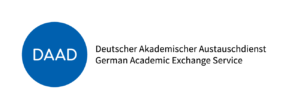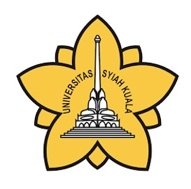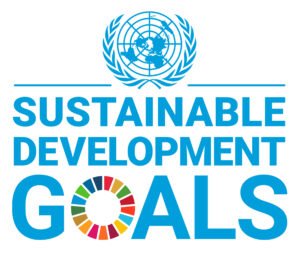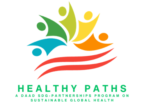Implementation
The program runs for one semester as a blended-learning online course with a 10-day attendance phase at the end of each module, alternating between the participating institutions. Strategies that address the SDG sub-goals are to be developed and established within this framework. All digital courses are recorded for other students. The module consists of 6 thematic blocks related to the above-mentioned SDGs, which overlap thematically and are measurably anchored in the learning objectives catalog using corresponding indicators. Teaching staff from each partner institution take part in each course presence phase in order to ensure an ongoing exchange of experience and continuous evaluation of the curriculum. During each course presence phase, specialist lectures and further training events are offered for lecturers and students. Aim is to develop practical, implementable solution strategies for previously jointly identified problems.
Excursions to local health and environmental facilities enable the establishment of contacts and the testing of innovative strategies, as well as the direct theoretical-practical transfer of knowledge with the expansion of further long-term collaborations. In addition, all participating partner institutions offer opportunities for subsequent longer-term SDG-related research activities.
The transfer of research knowledge and methods continuously accompanies the program and forms the basis for subsequent SDG-related doctoral opportunities at the partner institutions. The establishment of an alumni network of program participants builds a fruitful network of experts for the long-term local promotion of SDG achievement.




